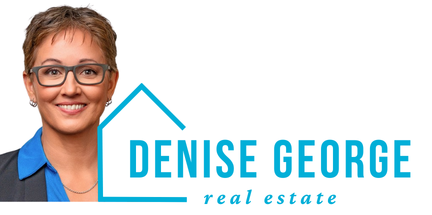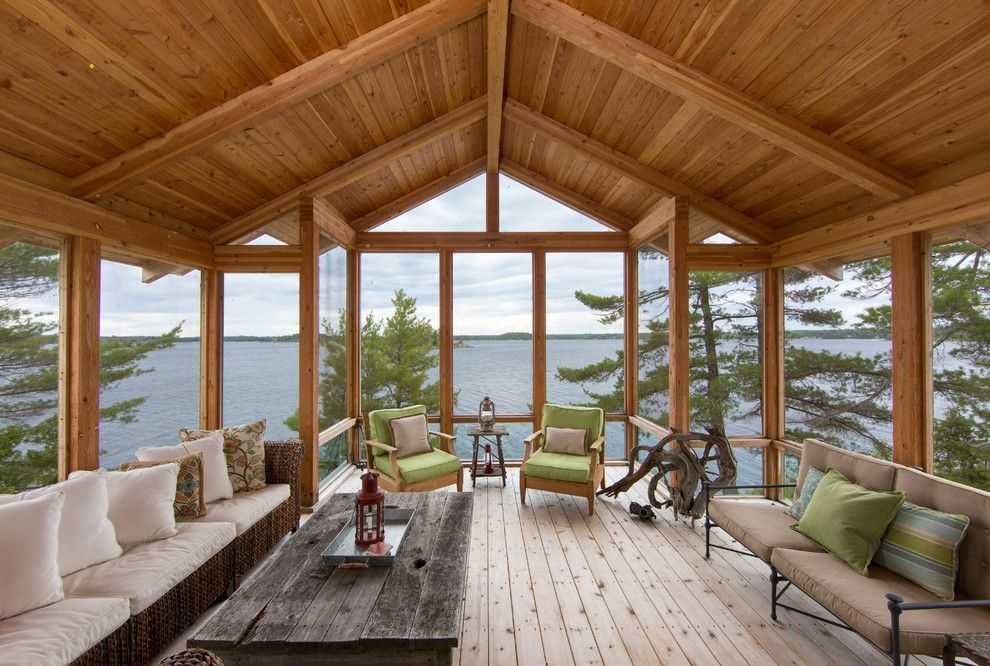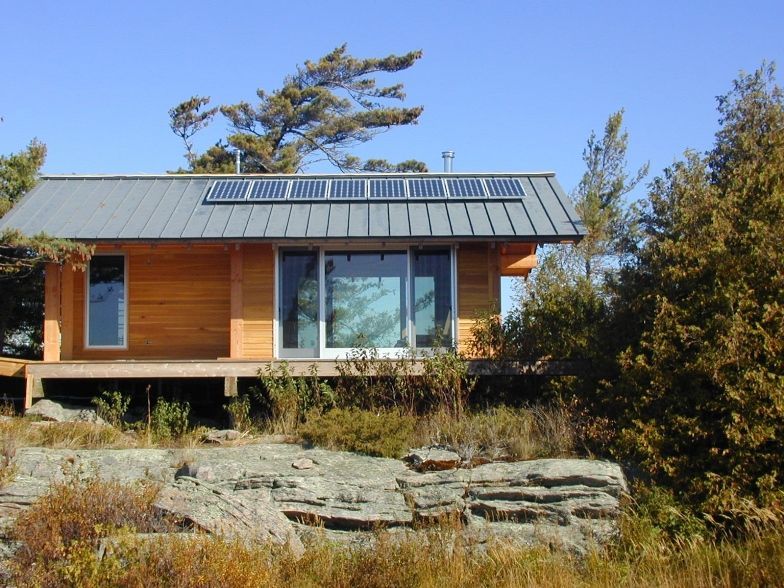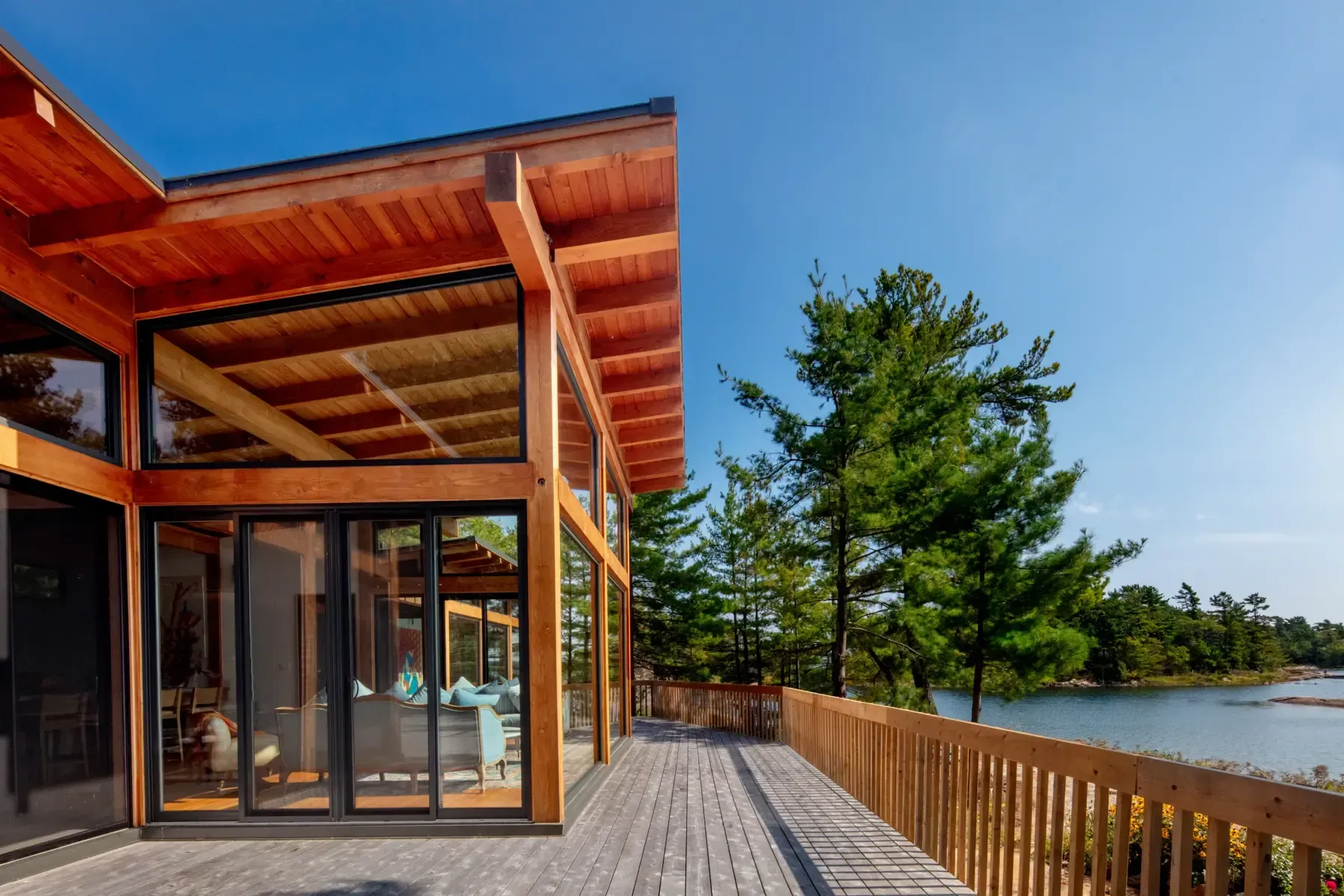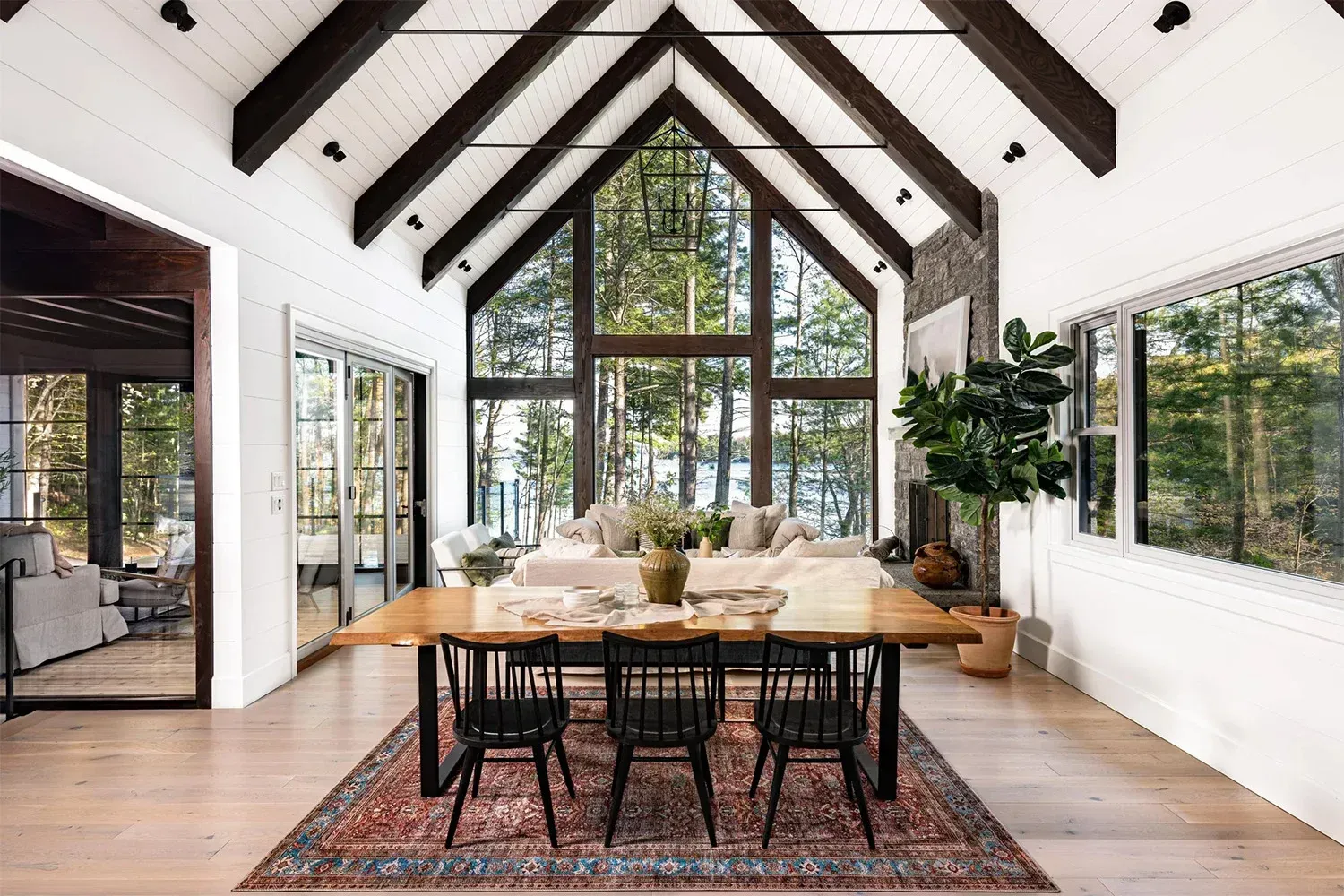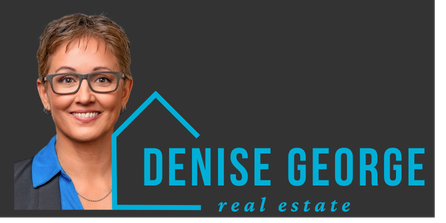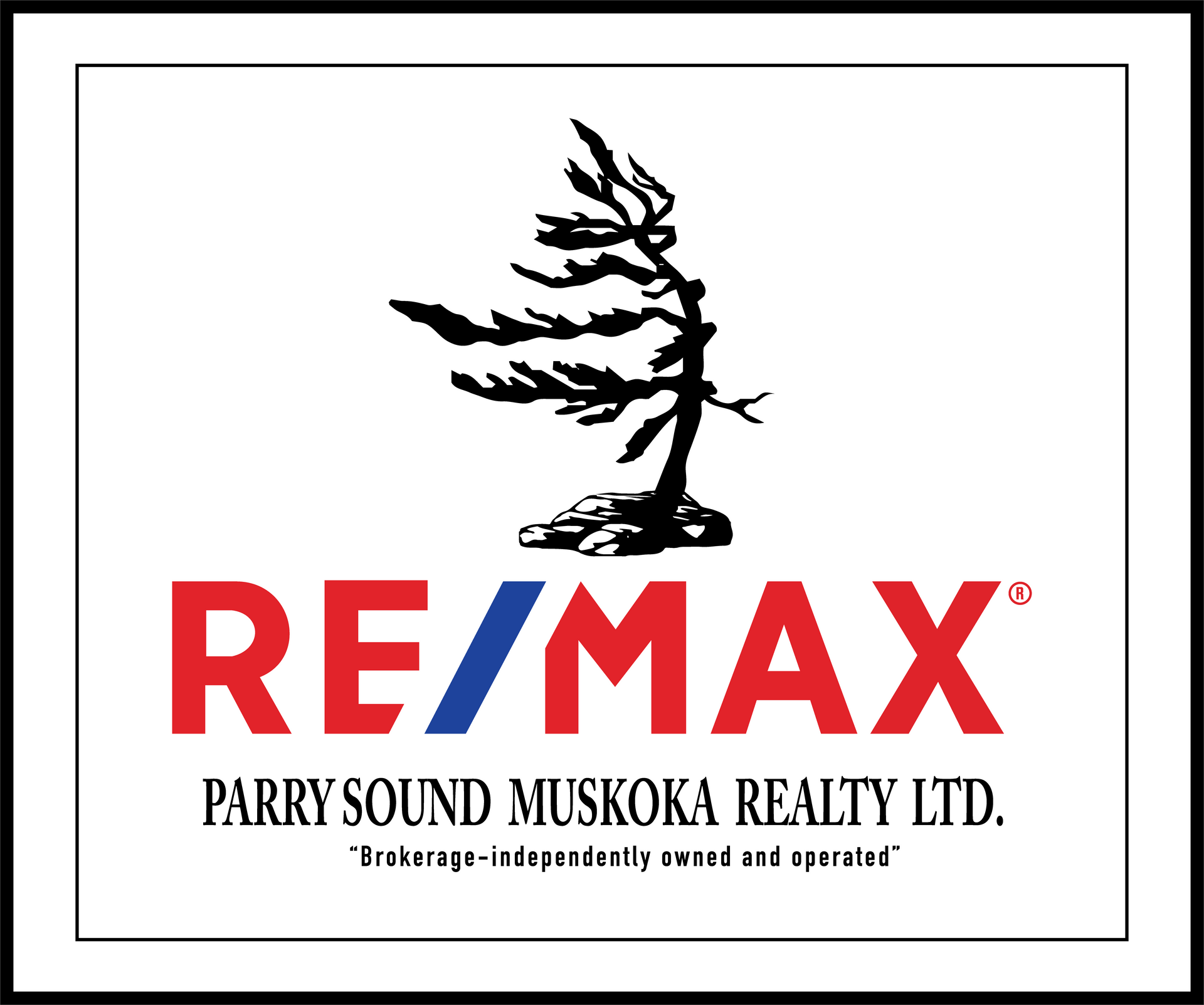What to Look for in an Investment Property: A Guide for First-Time Investors
Here’s what you need to keep in mind when buying your first investment property.

Stepping into the world of real estate investing can feel exciting yet overwhelming, especially if you’re a first-time investor. With so many property types, locations, and factors to consider, it can be tough to know where to start. If you’re looking at Parry Sound or any other growing real estate market, you’ll want to make sure you’re making the right choice from the get-go. After all, a well-chosen property can offer long-term wealth, passive income, and even appreciation over time.
In this guide, we’ll walk you through the key factors to consider when purchasing an **investment property** so that you can make confident, informed decisions. Whether you're focused on buying your first rental property or looking to diversify your portfolio, these **investment property tips** will help you navigate the process and avoid common pitfalls.
Location, Location, Location
We’ve all heard this before, but it truly is one of the most critical factors in real estate investment. Where your property is located will determine not only the property’s current value but also its potential for appreciation over time, the types of tenants you attract, and the overall rental demand.
Here are some things to consider when evaluating "location".
Proximity to Amenities
A property that’s close to schools, parks, public transportation, shopping centres, and dining options will naturally attract more potential renters or buyers. In Parry Sound, properties located near the waterfront, local attractions, or business centres are likely to hold their value and attract more interest. It’s also worth considering how close the property is to major highways or transportation routes, as this can make commuting easier for tenants.
Neighbourhood Trends
When scouting locations, think about the long-term. Is the neighbourhood growing? Are there signs of gentrification or new infrastructure projects, such as schools, shopping complexes, or transportation hubs? These factors are usually indicators that property values will increase over time. In Parry Sound, areas experiencing development or increased tourism activity are worth paying attention to for future investment potential.
Safety and Crime Rates
No one wants to live in a high-crime area. Be sure to research local crime statistics and check whether the neighbourhood is considered safe. A safe location will not only attract more renters but also give you peace of mind knowing your property will be well cared for.
Future Development
Keep an eye on future development plans in the area. If there are projects like new schools, parks, or public transportation routes in the works, the area could see a rise in property values, making it a great place to invest now. Conversely, if there are plans for a highway or industrial facility nearby, it could negatively impact your property’s value.
Understand the Numbers: Analyzing Costs and Potential Returns
It’s easy to get swept up in the excitement of purchasing an investment property, but you have to make sure the numbers make sense. Real estate investing is about more than just buying a property—it’s about creating a positive cash flow.
Calculate Your Budget
Before you even start looking at properties, sit down and figure out your budget. Include the purchase price, closing costs, any repairs or renovations you’ll need to make, and ongoing expenses such as property taxes, insurance, and maintenance. If you’re taking out a mortgage, don’t forget to factor in monthly payments and interest rates.
Once you have a clear idea of your budget, you’ll be in a better position to assess properties based on their price and earning potential.
Expected Rental Income
When looking at properties, calculate the expected rental income based on comparable properties in the area. Does the rent cover your mortgage payments, property taxes, and other expenses? Ideally, you want to ensure you’re generating enough rental income to cover your costs and make a profit. In Parry Sound, properties that cater to vacation rentals or long-term tenants could offer different income potentials, so choose wisely based on your strategy.
Cash Flow
This is the amount of money you have left after paying all your expenses (including mortgage payments, property management fees, maintenance, etc.). A positive cash flow means you’re making money, while a negative cash flow means you’re losing money. You should aim to invest in properties with the potential for strong positive cash flow from day one.
Capitalization Rate (Cap Rate)
The cap rate is one of the most important metrics for evaluating a property’s profitability. It’s calculated by dividing the net operating income (NOI) by the property’s purchase price. A higher cap rate means a higher return on investment. In general, a cap rate between 6% and 10% is considered a good range, but this will vary depending on the market.
Property Condition: To Fix or Not to Fix?
Buying a fixer-upper can be a great way to score a deal on a property, but it comes with its own set of challenges. Before you dive in, you need to assess the condition of the property and determine whether the repairs are worth the investment.
Evaluate the Structure
Inspect the property’s structure for any major issues. Are there signs of foundation problems, a leaking roof, or outdated electrical or plumbing systems? These types of repairs can be costly and might eat into your profits.
Cosmetic Fixes vs. Major Renovations
Cosmetic upgrades, like painting or replacing flooring, are generally more affordable and can significantly improve a property’s appeal. However, major renovations, like replacing the roof, fixing structural issues, or upgrading the HVAC system, can be a different story. If the repairs are extensive, you’ll need to factor in the time and money it will take to get the property ready for renters or buyers. Sometimes, paying more for a move-in-ready property can be a smarter decision than buying a fixer-upper.
Hiring Contractors and Managing Renovations
If you decide to go the fixer-upper route, make sure you have a reliable team of contractors in place to handle the renovations. This can be particularly challenging if you don’t live near the property. It’s important to have a plan for managing the project and ensuring the work gets done on time and within budget.
Property Type: Single-Family Home vs. Multi-Unit Property
Another key decision you’ll need to make is what type of property to invest in. Should you go for a single-family home, a multi-unit building, or even a vacation rental? Each property type has its pros and cons, so it’s important to choose one that aligns with your investment goals.
Single-Family Homes
Single-family homes are a popular choice for first-time investors because they’re often easier to manage and come with fewer tenant issues. They’re also easier to finance and typically attract long-term tenants. However, single-family homes rely on one source of income—if the property is vacant, you aren’t making money.
Multi-Unit Properties
Multi-unit properties, such as duplexes or small apartment buildings, allow you to collect rent from multiple tenants. This can provide a more consistent income stream and reduce your risk of having a vacant property. However, multi-unit properties typically require more management and can be more expensive upfront.
Vacation Rentals
In markets like Parry Sound, vacation rentals can be a lucrative option, especially with the area’s growing tourism industry. These properties often command higher rental rates, but they can also come with seasonal fluctuations and higher management fees, especially if you don’t live near the property. If you’re considering a vacation rental, make sure you factor in the additional expenses like cleaning fees, property management, and seasonal maintenance.
Financing Options for Your Investment Property
Financing an investment property is different from financing your primary residence. Lenders typically have stricter requirements, and the interest rates are usually higher. Here’s what you need to know:
Conventional Loans
Conventional loans are the most common type of financing for investment properties. However, you’ll likely need a higher down payment (usually around 20-25%) and a stronger credit score compared to a loan for a primary residence.
Private Lenders
If you can’t qualify for a conventional loan or need more flexibility, private lenders can be a good option. However, keep in mind that these loans often come with higher interest rates and shorter terms.
Owner Financing
In some cases, the property’s seller might be willing to finance the purchase. This can be a great option if you can’t secure traditional financing, but be sure to have an attorney review the terms before proceeding.
HELOC (Home Equity Line of Credit)
If you already own a property, you can tap into your home’s equity to help finance your investment. A HELOC allows you to borrow against the equity in your home, giving you access to cash for your down payment or renovations.
The Importance of Property Management
Once you’ve purchased your investment property, the next step is managing it effectively. Good property management can mean the difference between a successful investment and a constant headache.
Self-Managing vs. Hiring a Property Manager
As a first-time investor, you might be tempted to manage the property yourself to save money. However, self-managing can be time-consuming, especially if you don’t live near the property. A property manager will handle everything from tenant screening and rent collection to maintenance and repairs, freeing you up to focus on other aspects of your investment. In markets like Parry Sound, where you might be catering to vacation renters or tenants who aren’t local, hiring a professional property manager can be a smart move.
Property Management Fees
While hiring a property manager adds an additional expense, it can also save you a lot of time and hassle. Property management fees typically range from 8-12% of the monthly rent, but this can vary based on the level of service provided. For instance, if you're renting out a vacation home, you might need a full-service management company to handle everything from bookings to cleanings between guests.
Finding the Right Tenants
One of the biggest challenges for first-time investors is finding reliable tenants. A good property management company will screen potential tenants for you, checking their rental history, credit score, and employment status. This reduces the risk of late payments or property damage, helping you maintain a steady cash flow.
Handling Maintenance and Repairs
Owning an investment property means you’ll need to handle maintenance and repairs, either yourself or through your property manager. Be sure to budget for regular upkeep, like landscaping, HVAC servicing, and plumbing repairs, as well as unexpected issues that may arise. Keeping the property in good condition is key to attracting quality tenants and maintaining its value over time.
Exit Strategy: Planning for the Future
Every smart investment needs an exit strategy, and real estate is no exception. Even if you plan to hold onto the property for years, it's important to think ahead about what you’ll do when you’re ready to sell or move on to a new investment.
Selling the Property
Eventually, you may want to sell your investment property to cash in on your equity. The goal is to sell when the property has appreciated in value and the market conditions are favourable. Keep an eye on local market trends and work with a real estate agent to determine the best time to list your property.
Capital Gains Tax and the Canadian Market
In Canada, when you sell an investment property, any profit you make from the sale is subject to **capital gains tax**. This means 50% of the gain is added to your taxable income for the year and taxed at your marginal tax rate. For example, if you bought a property for $300,000 and sold it for $400,000, the $100,000 gain would be considered a capital gain. You would need to report 50% of that, or $50,000, as taxable income.
It’s essential to plan for these taxes when selling an investment property. Working with a tax professional or accountant can help you strategize the best time to sell, manage your taxable income, and reduce the impact of capital gains.
The Role of Capital Cost Allowance (CCA)
In Canada, investors can also take advantage of the Capital Cost Allowance (CCA), which allows you to depreciate the value of certain assets on your investment property, like buildings or equipment. While this can reduce your taxable income during the ownership of the property, it’s important to understand that the CRA will “recapture” the CCA when you sell. This means any CCA you claimed during ownership will be added back to your income upon sale, which could increase your tax liability.
Holding the Property for Long-Term Income
Another option is to hold onto the property for the long term, continuing to generate rental income. In this scenario, you’ll benefit from increasing rents over time, while building equity in the property. Many investors opt to keep their properties and passively build wealth while offsetting some of their tax obligations through CCA or other deductions.
Tax Deferral and Estate Planning
Working with a financial planner or tax advisor can help you explore options to minimize your tax burden and plan for the future, ensuring that your investment portfolio aligns with your long-term goals.
Final Thoughts: Making Your First Real Estate Investment in Parry Sound
Investing in real estate can be one of the most rewarding financial decisions you’ll make, but it’s important to go into it with a clear strategy and a solid understanding of the market. Whether you’re drawn to single-family homes, multi-unit properties, or vacation rentals, the Parry Sound real estate market offers a range of opportunities for first-time investors.
By focusing on location, analyzing the numbers, understanding property types, and making informed decisions about financing and management, you can set yourself up for long-term success. And remember, you don’t have to go it alone—working with a local real estate expert like Denise George can help you navigate the market and make sure your investment is a smart one.
Book a consultation
with Denise today to start your real estate investment journey. She’s here to offer expert guidance and help you find the perfect property to kickstart your investment portfolio in Parry Sound!
